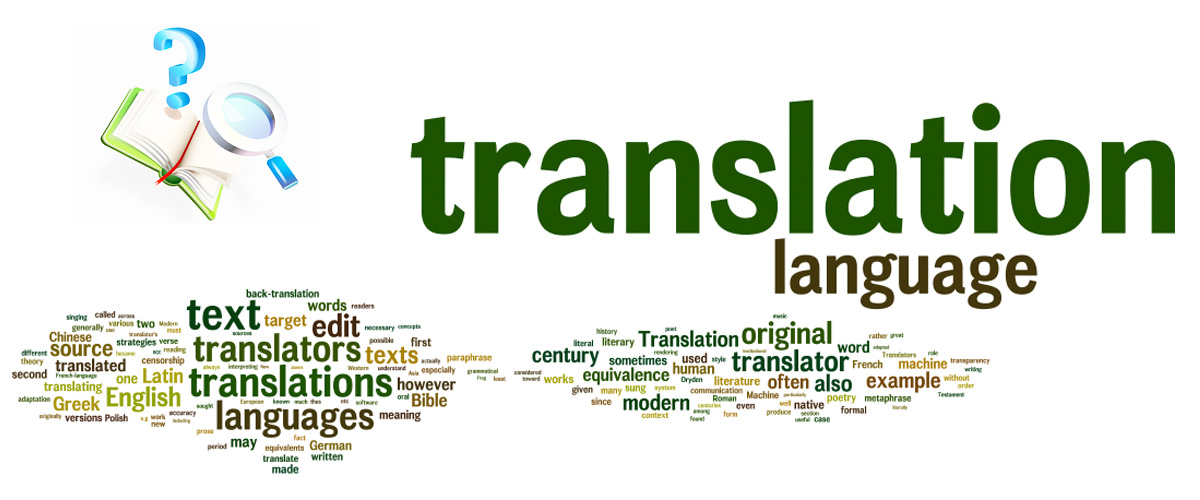In the 21st century, the trends of globalization and integration have led to a huge demand for translation. Obviously, the role of translation in integration and development has been more important. However, translation is far from an easy, simple job. To produce a quality translation, translators must have a lot of qualities and master essential skills such as reading comprehension, looking up, proofreading, etc.
This post will focus on discussion about looking up skill, a vital one contributing to the success of a translation.
Roles of Terminologies in translation
Looking up terms in translation is the use of necessary methods to determine the meaning of terms and words present in the text to be translated. During the translation process, it is natural that translators encounter new, strange or rarely used words whose meaning they don’t understand because vocabulary of a language is extremely large and diverse and no one can remember the meaning of every word. Therefore, translators will have to find the meaning of these words by looking up. Each translator has his own looking up capability, but it can be asserted that good looking up skill is an indispensable factor to produce an accurate and quality translation.

Purposes of looking up terminologies in translation
Regarding ways of looking up, there are many of them which can be applied to find out the meaning of a word. Some translators may have the habit of using paper dictionaries to look for word meaning; however, in this new era, with rapid development of the Internet and low cost of office devices such as personal computer, desktop computer is no longer a big issue so translators now tend to use online or offline dictionaries to do the looking up. When using paper dictionaries during translation, translators must be familiar with the dictionaries they use as well as understand their layouts in order to make the most of them, that is, to look up new words in a quick and effective manner. However, using this kind of dictionary is not an optimal choice if you are processing a document with a large number of words in a tight deadline. When you go through hundreds of pages to look for the right word, it will take a lot longer than using online or offline dictionaries.
Today, with high-speed Internet, many translators tend to use online dictionaries on websites rather than those installed on computers because dictionaries provided by reputable websites usually have a larger number of words and more updates. This is a matter of fact, but we cannot deny the importance of offline dictionaries, especially when you are unconnected to the Internet or only have a slow Internet connection, they will be a great end since offline dictionaries have all data necessary for reference, which help you to look up words easily and quickly without the need for Internet connection.
Besides, there are also other ways to look up word meaning such as using the search engine Google. Translators can look up meaning of the terms used by working with Google Search though sometimes results may be unreliable. And it is noteworthy that the skill to use Google Search (finding exact keywords, searching for images, etc.) is also a valuable asset which will enhance a translator’s looking up skill.
Mastering the ways of looking up is an important factor for translators to determine the meaning of a word correctly. However, a word can have many different meanings, depending on context and professional area of the document to be translated. Therefore, the translator, in addition to being good at source language and target language, must also have good background and specialized knowledge in the area which is being translated so as to determine the appropriate meaning for the word in question.
In short, term looking up is a vital skill that every translator has to learn and constantly improve. There are various ways of looking up. Translators should know how to use and apply them flexibly in each specific case in order to save research time and produce a quality translation.






